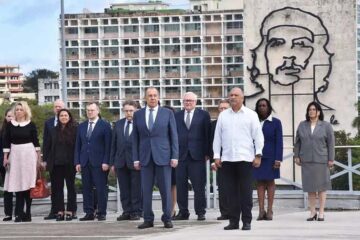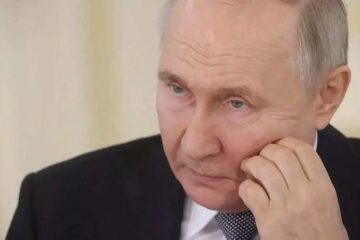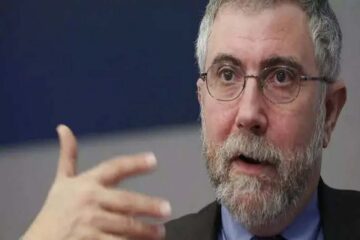Putin’s Pledge for Improved Living Standards Raises Funding Questions

Russian President Vladimir Putin recently announced ambitious plans to enhance the living standards of Russian citizens over the next six years, but questions remain regarding the funding sources for these initiatives.
During his annual state-of-the-nation address, Putin outlined several proposals aimed at improving various aspects of life in Russia. These proposals, however, are not currently accounted for in the national budget, presenting a significant challenge.
Key investments outlined by Putin include substantial allocations for upgrading public infrastructure, with a budget of 4.5 trillion rubles (approximately $49 billion), as well as significant funding for the construction and renovation of hospitals, amounting to 1 trillion rubles.
Additionally, Putin emphasized the importance of initiatives to boost birth rates and life expectancy, allocating 75 billion rubles for this purpose. He previously called on Russian citizens to increase the birth rate to ensure the survival of ethnic groups in the country.
While these proposals signal a commitment to improving the quality of life for Russian families, the funding sources for these ambitious plans remain uncertain. Putin’s suggested changes to the tax system, aimed at increasing tax revenue from high-income individuals and businesses, may help bridge the funding gap, according to reports.
Russia’s economy has demonstrated resilience despite facing significant challenges, including sanctions imposed by Western nations in response to the ongoing conflict in Ukraine, which has entered its third year. Analysts attribute Russia’s economic stability to its wartime spending, state subsidies, and the country’s large and globally integrated economy.
However, Russia has experienced budget deficits for the past two years since the onset of the conflict in Ukraine. While some experts believe that Russia can afford the proposed spending increases, they caution that economic conditions may change, necessitating additional sources of financing to sustain these initiatives.
Dmitry Polevoy, an investment director at Astra Asset Management in London, expressed cautious optimism about Russia’s ability to finance the proposed spending. He noted that while the current economic outlook appears favorable, any downturn could require the government to explore alternative funding options to fulfill its commitments.
















